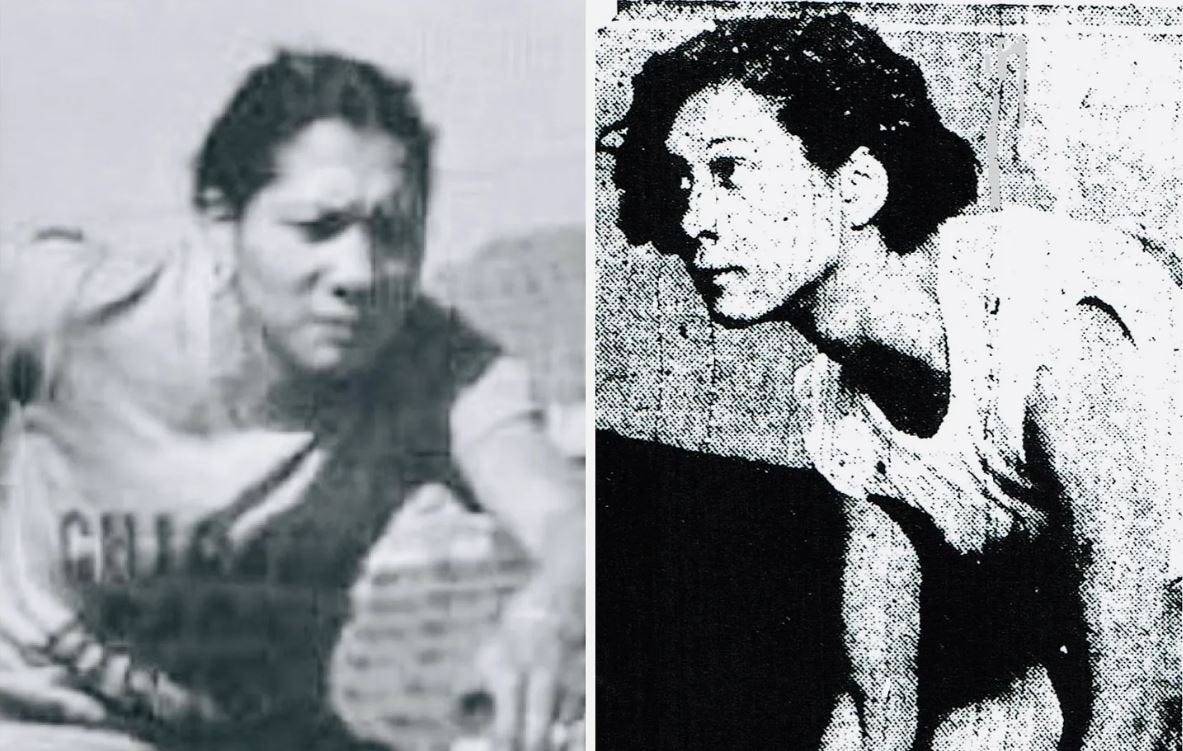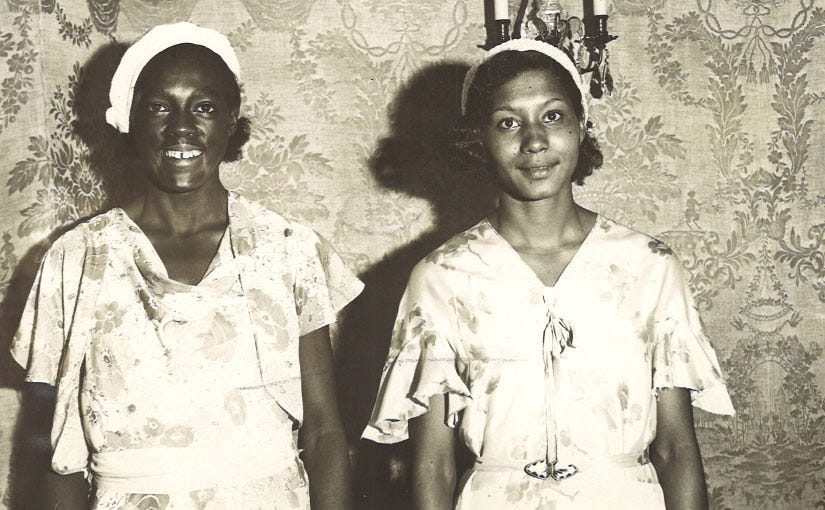Terrence House: Telling the story of trailblazing Tidye Pickett
In Episode 19 of the Running Tales Podcast, part of the Everyday Athlete Podcast Network, we spoke to Dr Terrence House about Tidye Pickett - the first African America woman to run at the Olympics
Running Tales is part of the Everyday Athlete Podcast Network. We record live episodes every two weeks and then publish them as podcasts.
You can find out more about Running Tales and the Everyday Athlete Podcast Network by visiting our ‘How our podcast works’ page.
If you like what we do at Running Tales, please consider buying us a coffee ☕.

When Dr Terrence House was at school, he was shocked to find his principal had an unusual - and inspiring - past.
Known to the children at Medgar Evers Elementary in Illinois as 'Mrs Phillips the Principal', she had previously been heralded by the American people, and across the world, as Tidye A. Pickett.
Under her maiden name, she had become one of the first African American women to compete in track and field at the Olympic Games.
Tidye and Louise Stokes appeared at the 1936 Games in Berlin, their trailblazing moment taking place under the watchful, and jealous, eyes of German Führer, Adolf Hitler.
But the hate and racism suffered by Pickett and Stokes had started long before they were subjected to Hitler's gaze. The pair had previously suffered hazing at the hands of white teammates and had to overcome systemic barriers to reach their Olympic goal.
In 1932, despite having qualified to compete in that year's games, they weren't selected for the US team - with two slower, white athletes taking their place.
That was Tidye A. Pickett's 'Olympic omission' and it is the subject of Terrence House's biography of his former teacher.
Now a decorated US Army veteran, Terrence uses the story to shine a spotlight on one of America's unsung heroes. He unpacks Tidye Pickett's journey from growing up in the bustling surrounds of Englewood in Chicago to sprint star.
Terrence's book, 'The Olympic Omission: The Story of Tidye Pickett' not only resurrects a forgotten pioneer but also challenges readers to reflect on the broader implications of resilience, equity, and representation.
On the podcast, we spoke to Terrence about:
How the “feisty” Principal who taught him right from wrong turned out to be an Olympic trailblazer
The hazing and racism suffered by Tidye Pickett and Louise Stokes - and how it cost them a shot at the Olympics in 1932
What Tidye Pickett’s story means for African Americans today
Why he believes Tidye Pickett should be awarded a retrospective gold medal
Where to watch and listen to Running Tales with Dr Terrence House:
📺 YouTube
🎵 Spotify
Apple
We are also on a number of other podcast providers, so please subscribe to us on whatever your favourite may be.
Key points:
Left to eat alone, a bucket of ice water thrown over them… and then dropped from the team

After qualifying for the Olympic team in 1932, Tidye Pickett and Louise Stokes suffered from racism and hazing at the hands of their teammates.
They were not invited to team events and left to eat meals in their rooms. One team member, Babe Didrikson, was outright hostile to them. Didrikson even entered a train compartment where they were sleeping and dumped a pitcher of ice water on them.
In 1984, Pickett said of Didrikson: “I suppose I shouldn’t say anything, because she’s dead now, and at peace, I hope. But it was prejudice, pure and simple.”
Both Pickett and Stokes were eventually left out of the team that won gold at the 1932 Games in Los Angeles.
Dr Terrence House took up the story in our interview.
“At the last moment, they were replaced by two white women that didn’t even qualify,” he said.
“And, of course, they [the selected team] went on to win the Olympic gold.
“And Tidye Pickett and Louise Stokes’ dreams were dashed to obtain the Olympic gold.
“They were never able to recapture that opportunity again.”
‘She should be given a retrospective gold medal’
Terrence believes Tidye Pickett’s ‘Olympic Omission’ should now be recognised as having deprived her of the opportunity for Olympic Gold in 1932.
Four years later, at the 1936 Games, a foot injury was to rob her of a chance at redemption, while the onset of the Second World War meant the Games did not take place again until 1948.
The women’s 4x100m team took gold and broke the world record in 1932, despite leaving out Pickett and Stokes, who had faster times in qualification.
Terrence said Tidye Pickett’s achievements as an athlete and a trailblazer for African Americans, as well as the unfair treatment she received, now need to be recognised and she should be awarded a posthumous Olympic gold medal.
Support Running Tales:
Please help us keep producing Running Tales across Substack and in podcast form:





